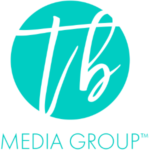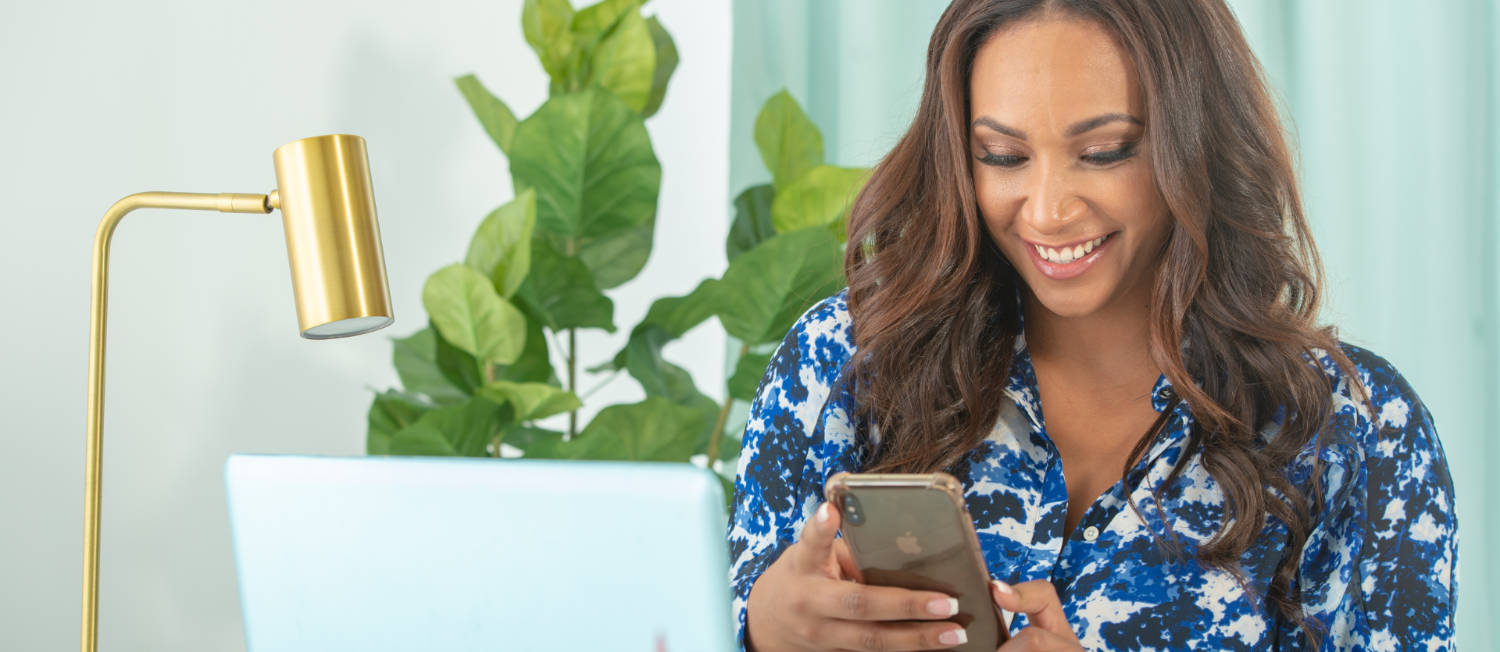Stories of Breast Cancer Survival: Early Detection Saves Lives

Breast cancer is something that will undoubtedly touch all of us at one point or another, regardless of gender, race, age, or socioeconomic status. This is a fact I have come to realize over the last few years, as I’ve been touched by news of my colleagues and friends who have heard the words that no one ever wants to hear, “You have breast cancer.”
In fact, 1 in 8 women will receive a breast cancer diagnosis.* It’s a startling statistic when I think about the women in my life – coworkers, friends, aunts, sisters, mothers, daughters, cousins, nieces, and grandmothers. These women in our lives are much more than a statistic – they are people we love and have shared beautiful memories with, whether for a brief moment in time or over the years. Sometimes, that woman could be you. It’s a reality that no one (myself included) really wants to think about. But, knowledge is power and knowledge is also life-saving.

This month, I had the opportunity to hear the inspirational stories of triumph, resilience, and survival of several women at Baptist Health’s unveiling of their 2022 breast cancer awareness campaign. Five powerful women, Carla Walker, Wonda Jenkins, Noga Nietzen, Tamara Béliard Rodriguez, and Jen Fisher graciously shared their stories – opening up about the fear, pain, and even shame they felt when grappling with their new reality. But, they also shared what saved their lives.
Jen Fisher received her first mammogram after noticing a lump in the top of her breast a few months after turning 40, the recommended age for women to begin getting mammograms. She thought it was nothing because she practices a healthy lifestyle and was, in her own words, “too young” to get cancer. But as Jen says, it didn’t keep the cancer away and she received a Stage 3 breast cancer diagnosis, which had spread to her lymph nodes.
“I could’ve come up with a million excuses not to go, but I chose to go. That’s why it was life-altering and also life-changing,” said Jen.
Like Jen, Tamara Béliard Rodriguez didn’t have any family history, she also felt a small lump, and she was just 35 years old. Tamara is from Haiti, where she says negative health news is not something you talk about. It carries a cloud of embarrassment, and even guilt.
When she received her diagnosis, Tamara even questioned what she did wrong. Once she got past that feeling, she said, “If I had waited until 40, I probably wouldn’t be here.”
That honest admission, she hopes, will inspire others from the Haitian, Afro-Caribbean, and African American communities, to use their voice and speak up when something doesn’t feel right. Ultimately, sharing our stories will save lives. Just like many other health disparities exist in the Black community, the same is true when it comes to breast cancer. Black women are more likely to be diagnosed before the age of 50. But, there is a flipside to that. There is a survival rate of over 90% if breast cancer is detected at an early stage**, which is why sharing our stories is so important.

As a Black woman who is 34, this hit home in a way I did not expect. Cancer is not top of mind for me, as I’m sure is true for most of us. Yet, sitting in front of me were women who lived healthy lifestyles, some who had no family history, and were young in age. I see myself in them.

And then there was a welcome reunion with my former coworker, Johanna Torres, who I share so much in common with. We met over 10 years ago in the local TV news business, and we are both health and fitness enthusiasts. For example, we both competed in bodybuilding competitions in South Florida. Once we both left local news reporting, life pulled us in different directions, and we kept in touch (as most of us do nowadays) on social media. I was in utter disbelief two years ago, when she shared the news of her Stage 1 breast cancer diagnosis at the age of 36. She went on to have a double mastectomy and radiation. She also had no family history, she didn’t have a mutation in the BRCA gene, and she was the image of healthy – as she had gone on to become a fitness instructor.
“It’s a traumatic experience. My body is different. This is something that changed my life,” said Johanna.
For a while, she admits that it was difficult to talk about, but now she finds purpose in sharing her story.
“Never did I think I was going to be 1 in 8. It’s so scary to think about. I feel more comfortable sharing my story because it can help younger women, Black women, women of color, Hispanic women who are affected more. It’s good to share my story to show that you will survive. You will be okay. Yes, it sucks while you are going through it, but there is a light at the end of the tunnel,” said Johanna.

I admire her strength, as I do all of the women who so graciously shared their stories, and all women who have gone through the life-altering experience of receiving a breast cancer diagnosis. While I cannot place myself in their shoes, I hear their message loud and clear. Breast cancer does not always spare those who are young, live a healthy lifestyle, and have no family history – but early detection can save your life.
There is no shame in getting cancer. Listen to your body. Get a mammogram.
As survivor Wonda Jenkins said so profoundly, “If you don’t go, then you won’t know.”
To learn more or schedule a mammogram at Baptist Health, visit their website here. If you don’t have insurance, they are offering discounted mammograms during the month of October. A mammogram prescription is required to schedule an appointment.


